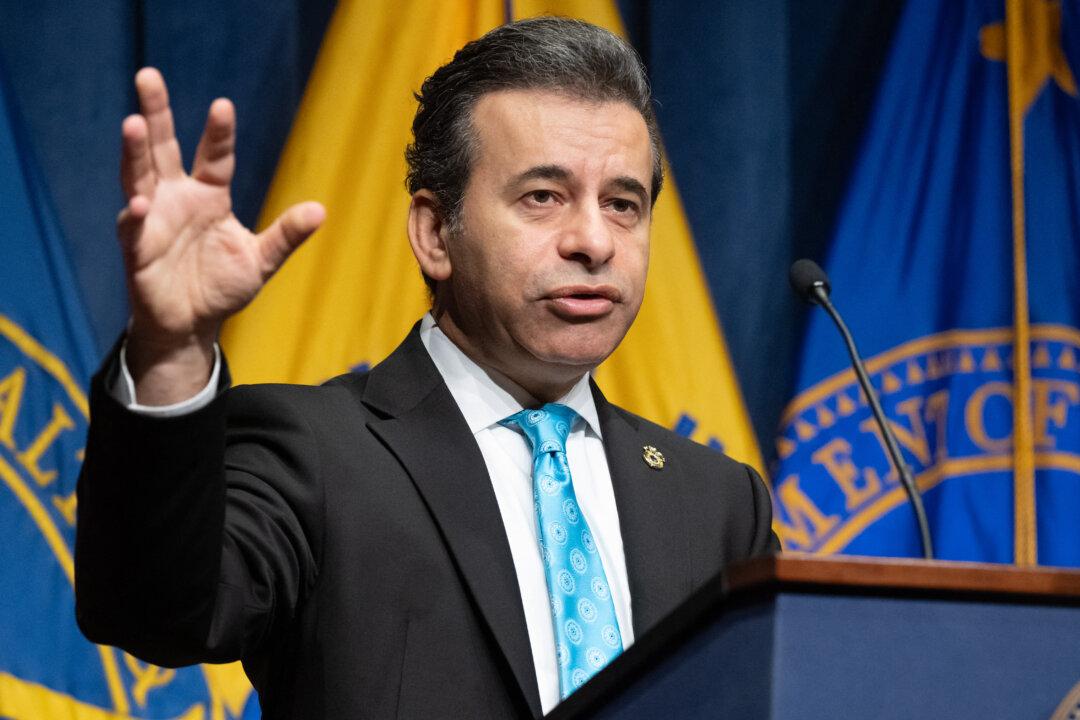New York recorded nearly 6,500 new cases of the CCP virus overnight, bringing the total number in the state to 37,258 on March 26.
The Epoch Times refers to the novel coronavirus, which causes the disease COVID-19, as the CCP virus because the Chinese Communist Party’s coverup and mismanagement allowed the virus to spread throughout China and create a global pandemic.





